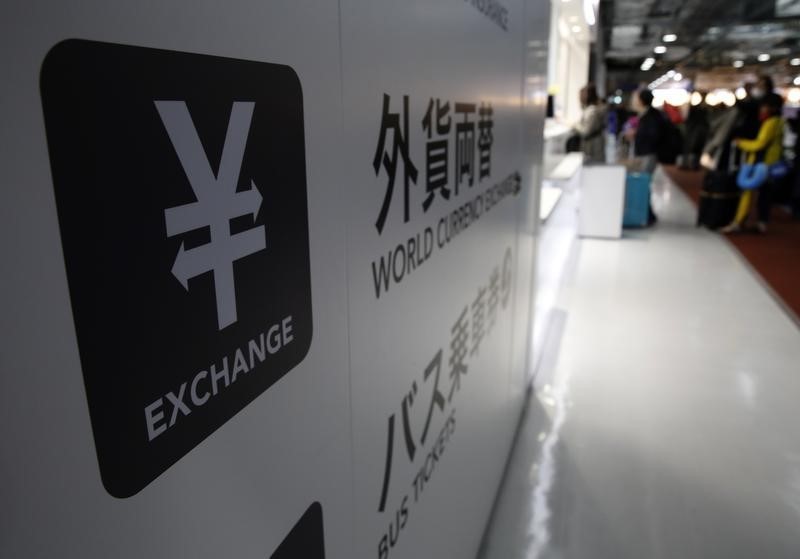* Won set for 5th session of decline in 7 this month
* Geopolitical tensions weigh on won
* Indonesian rupiah declines up to 0.3%
(Adds text, updates prices)
By Aby Jose Koilparambil
Aug 12 (Reuters) - The South Korean won eased to a near
one-week low on Monday, while China's yuan took a breather from
having racked up its biggest weekly drop in over a year last
week on the increasing likelihood of a long-drawn Sino-U.S.
trade war.
Trading in other currencies was subdued due to some regional
financial markets being shut for holidays.
The won KRW=KFTC , the worst performing regional currency
so far this year with more than an 8% fall, eased as much as
0.5% and extended its fall on Friday. The currency is set for a
fifth session of losses in seven trading days in August.
Already reeling under strain due to the impact of the
Sino-U.S. trade spat on South Korea's heavily export-oriented
economy, the won is also under pressure from rising tensions on
the Korean peninsula.
North Korea fired two short-range missiles on Saturday, its
fifth within two weeks, in what South Korea called a show of
force against joint new military drills with the United States.
Currencies in Asia have been dampened lately by several
regional central banks easing policy to support growth, while
there has also been no resolution between the United States and
China on their protracted trade war, hurting the outlook on
global growth.
The Indonesian rupiah IDR=ID weakened as much as 0.3% to
14,220.00 against the dollar.
Data on Friday showed Indonesia's current account deficit
widened in the second quarter, sending the country's overall
balance of payments into deficit. Analysts at Maybank said in a note that going forward, the
current account deficit would improve due to lower oil prices
and a stable currency.
"Foreign direct investment will likely rise significantly
due to political stability, more business-friendly regulation,
robust domestic demand and a low interest rate environment,"
Maybank analysts said.
The yuan CNY=CFXS eased slightly but losses were capped as
authorities sent signals to stabilise the yuan through the
central bank's daily official guidance rate.
The Chinese currency fell 1.7% against the greenback last
week as Beijing let the yuan fall past the key 7 per dollar
level for the first time since the global financial crisis. The
decline followed the United States' threat to slap a 10% tariff
on $300 billion of Chinese goods.
The Singapore dollar SGD= and the Taiwan dollar TWD=TP
were little changed.
The Thai, Indian and Malaysian markets were closed for a
holiday.
Meanwhile, among global emerging market currencies, the
focus will be on the Argentine peso ARS= as early official
results showed the Latin American country's voters soundly
rejected President Mauricio Macri's austere economic policies in
primary elections on Sunday, casting serious doubt on his
chances of re-election in October. CURRENCIES VS U.S. DOLLAR
Change on the day at 0444 GMT
Currency Latest bid Previous day Pct Move
Japan yen 105.410 105.66 +0.24
Sing dlr 1.385 1.3854 +0.02
Taiwan dlr 31.350 31.363 +0.04
Korean won 1215.300 1210.5 -0.39
Peso 52.010 52.01 +0.00
Rupiah 14215.000 14185 -0.21
Yuan 7.063 7.0615 -0.03
Change so far in 2019
Currency Latest bid End 2018 Pct Move
Japan yen 105.410 109.56 +3.94
Sing dlr 1.385 1.3627 -1.62
Taiwan dlr 31.350 30.733 -1.97
Korean won 1215.300 1115.70 -8.20
Baht 30.720 32.55 +5.96
Peso 52.010 52.47 +0.88
Rupiah 14215.000 14375 +1.13
Rupee 70.800 69.77 -1.45
Ringgit 4.183 4.1300 -1.27
Yuan 7.063 6.8730 -2.70
